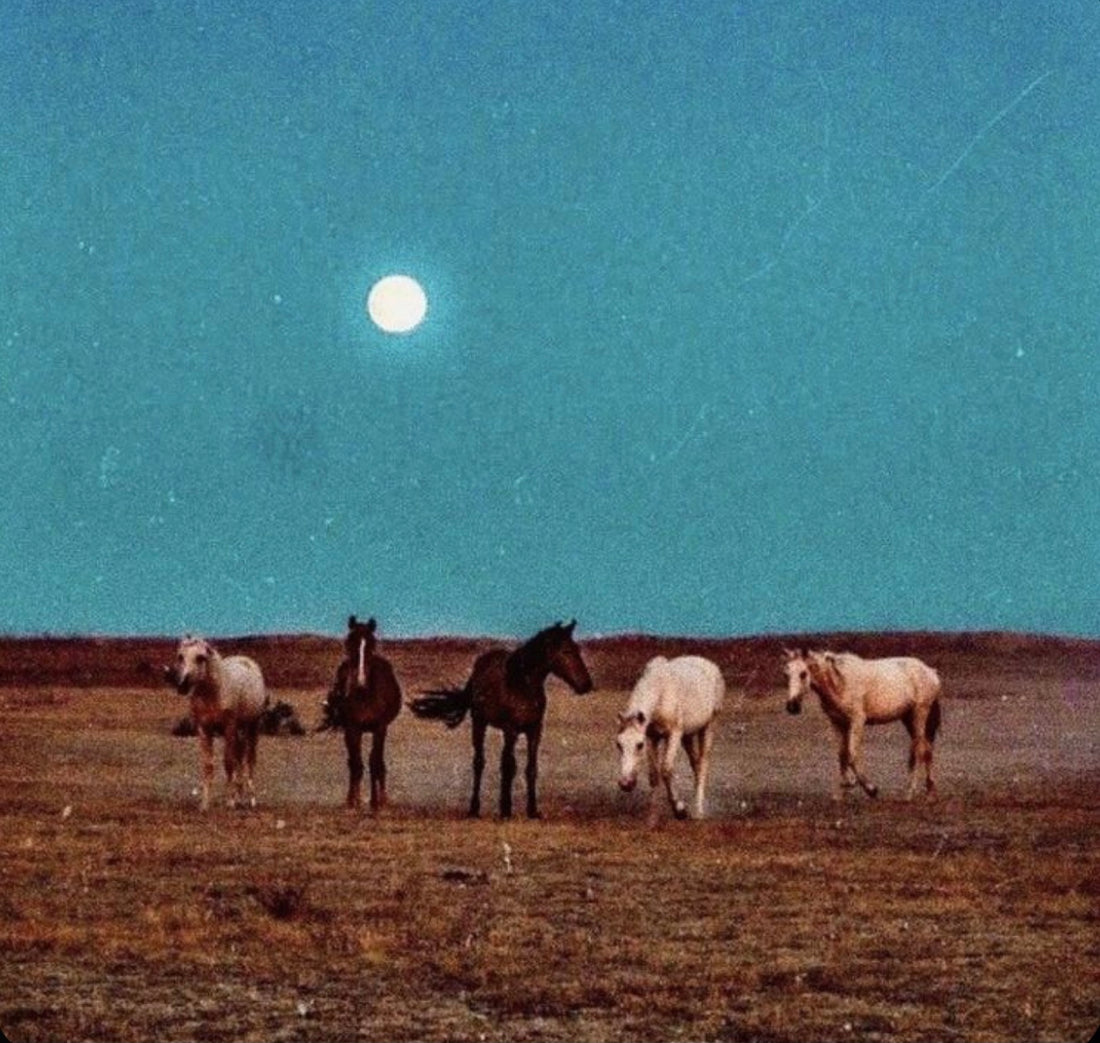To ride your horse on a full stomach, or to not ride and wait? There are many different opinions on this matter. Horses are constant feeders, in the wild they spend on average eighteen hours a day eating. Now think of this quickly, when you have your horse in the stall how long do they actually spend eating? So in theory they have a full stomach constantly in the wild.
What happens when your horse has a empty stomach? Well it’s simple they start to form gastric ulcers due to the acid that is produced in their stomach. By having a constant full stomach it creates a protection wall with the food.This will prevent splashing of acid from their lower stomach. After 2 hours on a empty stomach your horse must start to work harder to help protect their stomach lining by stimulating saliva production to fill the stomach.
Blood is normally driven away from the stomach during exercise, which in results reduces the normal protective mechanisms. Riding your horse on a full stomach will help reduce the amount of blood driven away from the stomach, and help increase the blood amount delivered to the skeletal muscles, and chest muscles.
Offering a free choice of hay or grass to your equine friend has many different benefits. This creates a happy, and healthy horse! They will be less food driven and ready to focus on work. Based off what has been Discussed so far having a horse on a empty stomach can cause many health risks. Stalled horses are most prone to this. Many barns only feed 3 times a day, where the horse is done eating their meal in about a hour each time.Even though our horses are domesticated, they still must be treated as their natural state on how we take care of them. Think about what you can do to get as close as possible to what your equine friend needs. If you offer free choice your horse will eat what it needs, and do something else the rest of the time.Now remember for a healthy horse feed with forage first then add what they are missing, after proper nutrition examination.
By Harley Walklate
References : University of Guelph nutrition course

